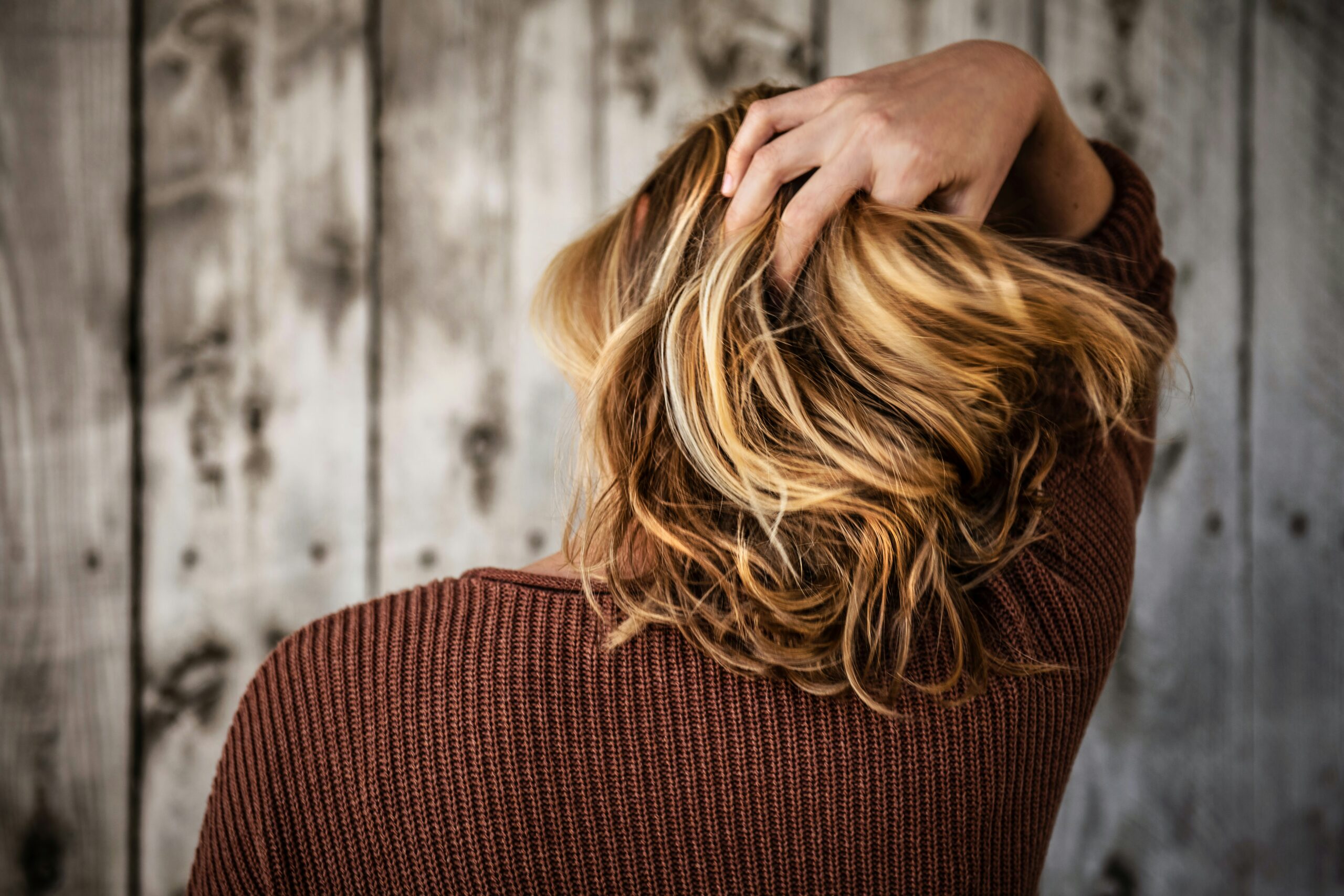Chemically treated hair requires special attention. Treatments such as coloring, perming, relaxing, or bleaching can weaken hair, making it more prone to dryness, breakage, and damage. Proper care can help restore moisture, improve strength, and enhance the overall health of your hair.
Below are some of the hair care tips for chemically treated hair.
Best Hair Care Tips for Chemically Treated Hair
1. Use Sulfate-Free Shampoos
Chemically treated hair tends to be more delicate, so harsh shampoos can strip it of the moisture it desperately needs. Opt for sulfate-free shampoos, which are gentler and less likely to dry out your hair. These products cleanse without removing the natural oils that keep your hair hydrated.
2. Deep Condition Regularly
Chemically treated hair requires extra nourishment to combat dryness. Invest in a quality deep conditioner or hair mask. Use it weekly to replenish moisture and repair damage. Choose a product rich in proteins and hydrating ingredients like argan oil, keratin, or shea butter.
3. Limit Heat Styling
Excessive heat can worsen the damage caused by chemical treatments. Try to minimize the use of flat irons, curling irons, and blow dryers. If you must use them, always apply a good heat protectant to shield your hair from the harmful effects of high temperatures.
4. Protect Your Hair from the Sun
Just like your skin, your hair can suffer from UV damage. Protect it from the sun by wearing a hat or using hair products with UV protection. This will help preserve your hair color and prevent further dryness and brittleness.
5. Trim Regularly
Split ends are common in chemically treated hair. To maintain healthy hair, schedule regular trims to remove damaged ends and prevent further breakage. This helps in maintaining length while keeping hair healthy.
6. Avoid Over-Washing
Washing your hair too frequently strips it of its natural oils, leaving it dry and brittle. Aim to wash your hair 2-3 times a week, depending on your hair type and lifestyle. On non-wash days, consider using a reliable dry shampoo to refresh your hair.
7. Use a Wide-Tooth Comb
After washing, gently detangle your hair using a wide-tooth comb. This minimizes breakage, which is especially important for chemically treated hair that is more fragile. Avoid brushing wet hair, as this can lead to snapping and breakage.
8. Moisturize Your Hair
Hydration is key when caring for chemically treated hair. Use leave-in conditioners or hair oils to lock in moisture and add shine. Look for products containing natural oils like coconut oil, olive oil, or jojoba oil, which provide nourishment and hydration without weighing down the hair.
9. Avoid Chemical Overload
Over-processing your hair can lead to severe damage. Space out chemical treatments such as coloring or perming to allow your hair time to recover. If you’re unsure, consult with a professional stylist to determine the best time intervals between treatments.
10. Use a Silk Pillowcase
Switching to a silk pillowcase can prevent friction and minimize hair breakage while you sleep. Unlike cotton, silk helps retain moisture, reducing the likelihood of hair becoming dry and brittle. This is especially beneficial for chemically treated hair that requires added care.
Conclusion
Caring for chemically treated hair involves a balance of gentle products, proper hydration, and minimizing damage. By following these hair care tips for chemically treated hair, you can maintain healthy, vibrant hair while protecting it from the long-term effects of chemical treatments.
Frequently Asked Questions (FAQs)
1. How often should I deep condition chemically treated hair?
Deep condition your chemically treated hair at least once a week to restore moisture and repair damage.
2. Can I use regular shampoo on chemically treated hair?
It’s best to use sulfate-free shampoos that are gentle on chemically treated hair, helping to preserve its moisture and prevent further damage.
3. How can I prevent hair breakage from chemical treatments?
Avoid excessive heat styling, use nourishing hair products, and trim your hair regularly to reduce breakage and split ends.
4. Is it safe to color my hair immediately after a chemical treatment?
It’s advisable to wait a few weeks after a chemical treatment before coloring your hair. This allows your hair to recover and minimizes the risk of excessive damage.
5. How do I protect my hair from UV damage?
Wear a hat or use UV-protectant hair products to shield your hair from the sun’s harmful rays, which can cause dryness and color fading.



